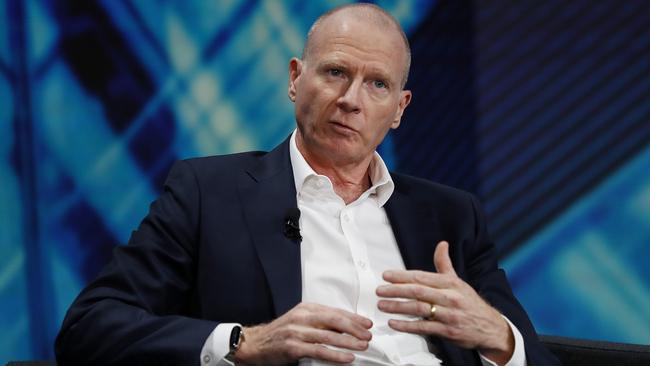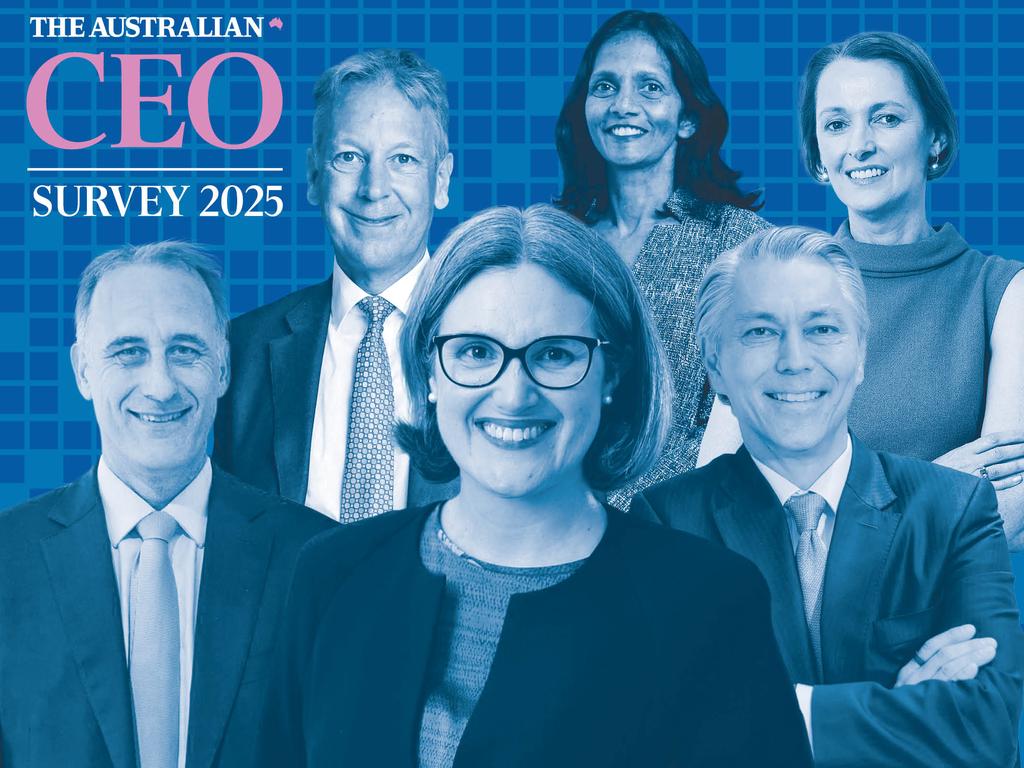Cochlear CEO Dig Howitt: Automation will let people be heard
Dig Howitt says automation already plays an important role in his products, and he sees it as an enabler in achieving the mission to help people hear and be heard.

Economy
How would you rate the momentum of the Australian economy as we head into 2025? Official forecasts have Australia trimming interest rates from the first half of calendar 2025, is that consistent with your view? What are you seeing around inflation in your own business?
Australia has had an increasingly weak performance on productivity and competitiveness. We have had seven consecutive quarters of GDP decline per capita.
Inflationary pressures have moderated over the last 12 months in most of the countries in which Cochlear operates.
Our employees are our biggest operating expense. They are central to how we deliver our strategy and create value. We will continue to manage the growth in our teams and new hires carefully to make sure we sustainably manage our expenses.
Outlook
What excites you heading into 2025? Are you likely to increase, hold steady, or trim your investment spend?
Hearing loss is one of the most prevalent medical conditions in the world and one of the least treated. We will increase our global investment in 2025 continuing to raise awareness of the importance of and solutions for treating hearing loss and increase spending on R&D to develop even better solutions for our customers.
Reform
As we move into an election year, in your mind, what’s the single biggest lever that can/should be used to lift Australia’s competitiveness or productivity? This could be across any area from labour market, tax reform, training or other areas to encourage investment.
A single idea is not sufficient. Productivity stems from the competitiveness of economy, which is an integrated system. Systemic problem solving requires integrated solutions not point solutions. That is why improving productivity is difficult. This is a challenge we must take on to ensure Australia’s prosperity.
Systemic improvement requires that we look at the tax system, regulation, skills and the efficiency of government spending.
R&D is also an important component to advancing Australia’s productivity and overall prosperity and should be prioritised to ensure Australia has a competitive environment for R&D.
There is global competition for investment and Australia is falling behind due to our inefficient tax system and increasing regulation (including labour regulation) that is not assessed on a sufficiently robust cost-benefit basis.
Geopolitics
Will a Donald Trump presidency have a potential impact on your business or sector (tariffs or streamlined regulation)? Does geopolitics drive a bigger part of your decision-making?
It’s still too early to know what a Trump presidency will mean for Australian business. There appears to be an intent to improve the competitiveness of the US economy by lowering taxes, reducing regulation, and improving the efficiency of Government services.
In Europe, regulation is increasing, which is stifling innovation and economic growth.
Australia has an opportunity to pursue an innovative approach to regulation which is aligned to our values while supporting prosperity and productivity.
Cochlear does monitor the risks that may result from geopolitics. We have employees in over 50 countries and customers in over 180 countries. Over 95 per cent of sales come from outside Australia. We have experience in working with a range of governments and healthcare systems. We have a comprehensive risk management framework, but we spend more time focused on the opportunity to help people around the world improve their hearing and consequently grow our business.
People
Has your organisation’s approach to flexible working – including working from home – evolved during the year? Is this likely to change further into 2025?
We offer flexibility to our employees and so far, it has been working well.
Flexibility is an important part of a modern workplace as is time face-to-face with colleagues to create and collaborate. At Cochlear people are highly engaged in our mission. We provide guidelines for people on where to spend their time. And people make sensible decisions on when to be in the office and when to work remotely. Eighty-seven per cent of our employees say their manager provides them with the flexibility to manage their work and personal responsibilities.
Technology
Where is your organisation along the AI journey – is it in the developmental stage, or are you now using the technology at scale across your business? If so, are benefits matching the promise?
Cochlear has long recognised the potential of AI to transform hearing care and has been investing in research to harness its power — alongside machine learning, big data, cloud computing and neuroscience — to improve patient outcomes and streamline care for hearing health professionals. Automation already plays an important role in our products, and we see it as an enabler in achieving our mission to help people hear and be heard.
We view AI as a tool to enhance human expertise in hearing care, not replace it. Through better technology and clinical practice, AI and automation support improved hearing outcomes and help us scale and grow our business.
One of the most impressive current uses of adaptive technology is Cochlear SCAN technology, which enhances hearing in noisy environments. SCAN technology accurately senses changes in the listening environment and automatically adjusts a cochlear implant recipient’s hearing settings to deliver clearer sound.






To join the conversation, please log in. Don't have an account? Register
Join the conversation, you are commenting as Logout